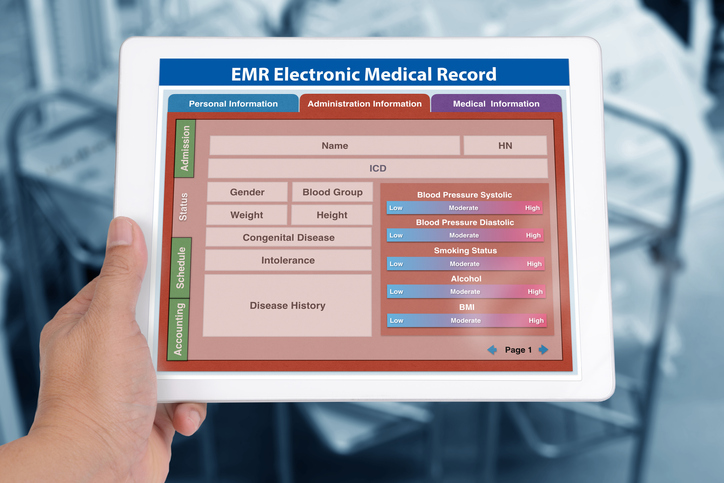
Why Traditional EMRs Are Holding Healthcare Back
Instead of creating new opportunities, traditional EMRs are constraining AI’s potential in healthcare.

Instead of creating new opportunities, traditional EMRs are constraining AI’s potential in healthcare.

In an era of real-time data, emergency response teams can no longer afford to operate in silos. EMR interoperability is essential to improving care continuity, outcomes, and decision-making — from curb to discharge.

The app store approach in healthcare enables seamless integration of best-of-breed solutions with existing EMR systems, fostering innovation by accelerating the adoption of technologies like AI, telehealth, and remote monitoring.

Dr. Mario Pulido, chief medical officer, of Ascension St. Vincents, explains why he believes tools like Wellsheet makes the hospital care team's job so much easier.

What EHR/EMR vendors need to know to comply with ONC’s HTI-1 final rule

The OIG recently added some teeth to the anti-information blocking regulations laid out in the 21st Century Cures Act. The office finalized penalties, including fines of up to $1 million for health IT companies found blocking the electronic flow of health data. Interoperability expert Troy Bannister said that these fines are a good starting point for ensuring greater interoperability, but he isn’t too sure the OIG will be able to effectively enforce them.

The healthcare industry needs a regulated system that can live in between the health information management and release of information departments. It is time for both sides of this network to fully address the need to create a digital pipeline that delivers the request of information and records between two parties.

Whether it’s application services for your EMR, service desk support, staffing, or any other host of needs, a managed services partner can take your organization to the next level while providing one thing money can’t buy—peace of mind.

How do organizations optimize and scale business intelligence? Here are five basic steps to consider when developing dashboards to assess your operational, financial and quality components within the care at home industry.

Atropos Health, a startup spun out of Stanford University that provides point-of-care physician consults, recently raised $14 million in Series A funding. The company will use the money to further develop the oncology consult product it is building with ASCO, as well as grow its commercial team.

EMR startup Canvas Medical recently raised $24 million in a Series B funding round and became the first EMR company founded in the past two decades to be federally certified by the ONC. The startup's customers are now eligible for value-based payment models in Medicare and Medicaid programs.

Providers would be wise to improve their EMR system response time and reliability, as these two measures critically influence clinician satisfaction. These improvements are acutely needed amid healthcare’s workforce shortage — burnout and EMR dissatisfaction are key factors associated with clinicians' likelihood to resign.

The 2022 U.S. Hospital Market Share report from KLAS states that other than government contracts, "no net-new large health systems have selected Cerner since 2013" though the EMR vendor scored big among small hospitals with less than 200 beds. MEDITECH had major wins among small and large hospitals.

Realyze Intelligence, incubated at and funded by UPMC Enterprises, provides a platform that uses EMR data to identify chronic disease patients and help clinicians link them to appropriate treatment options. The platform leverages not only the structured data available in EMRs but also unstructured clinical notes.

Epic led global, non-U.S. EMR purchasing in 2020, a year that saw strong activity in the arena despite the pandemic. But certain regions did experience a downswing, including Latin America, where Brazil saw a 50% drop in EMR purchasing.